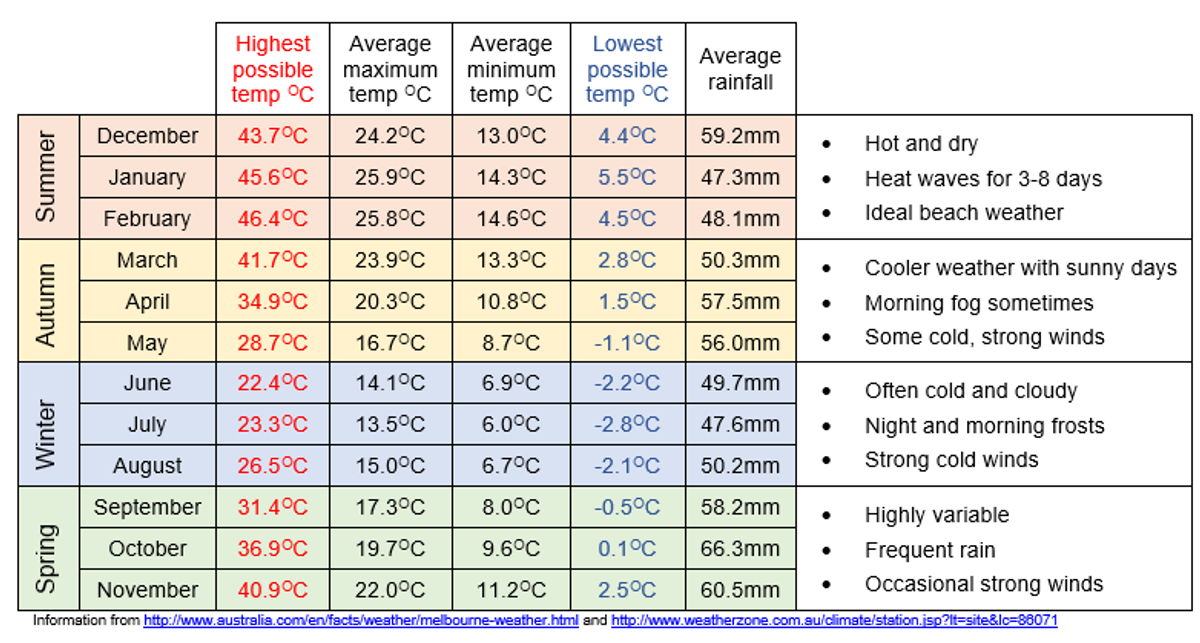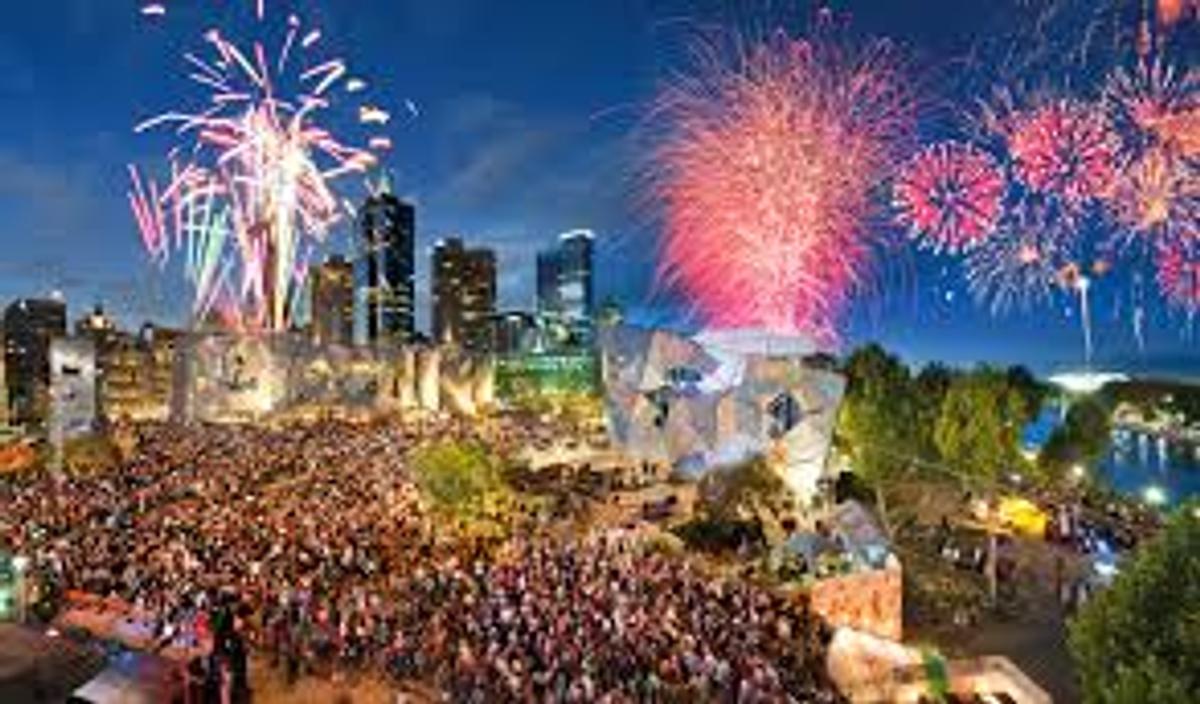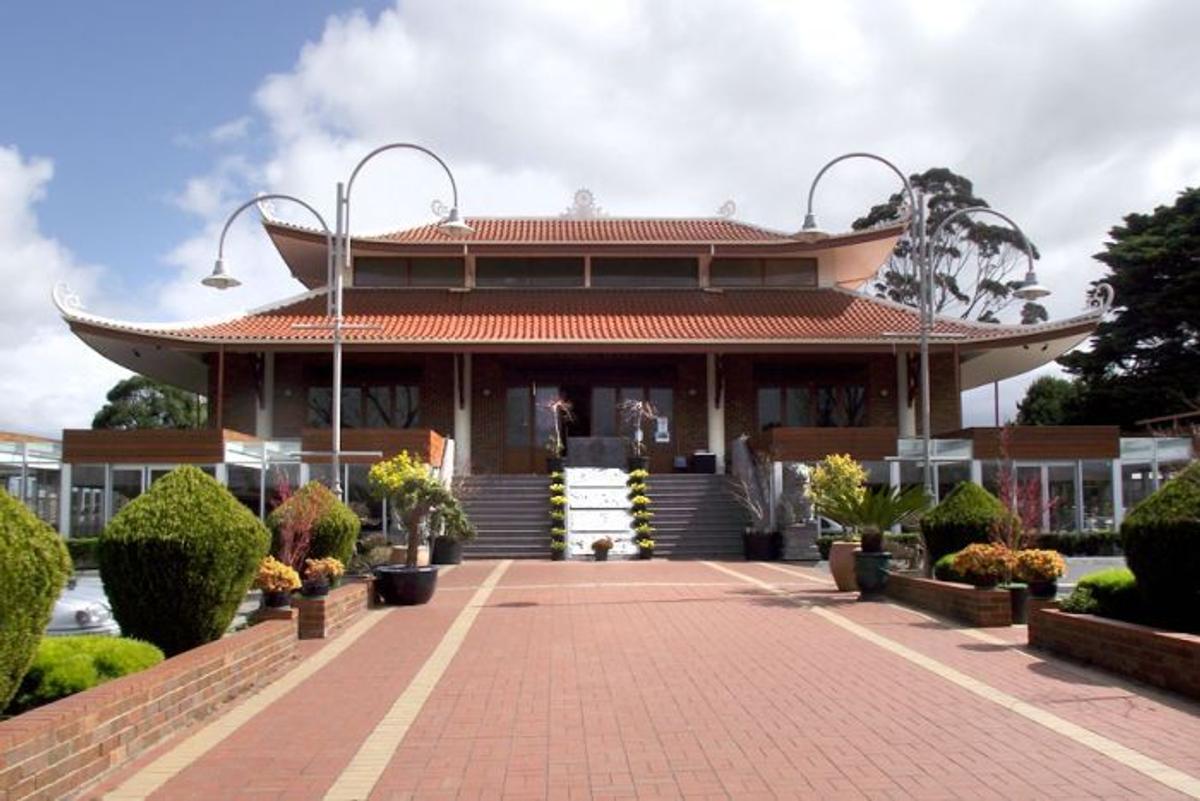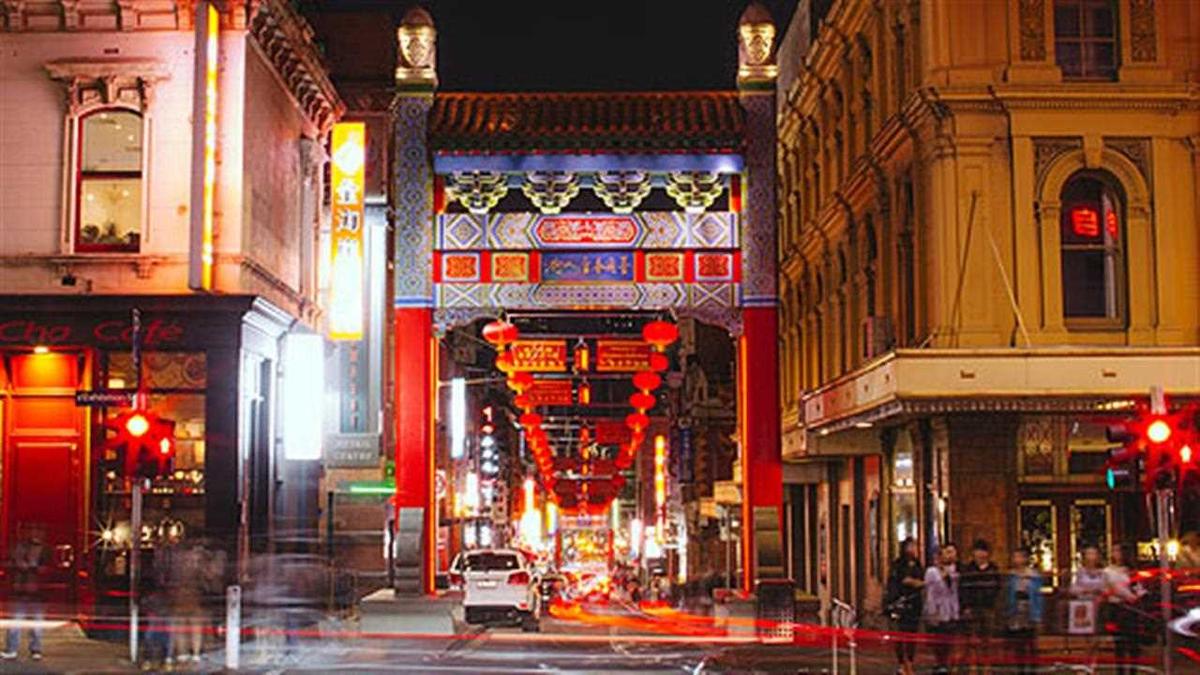3.1 Living in Melbourne
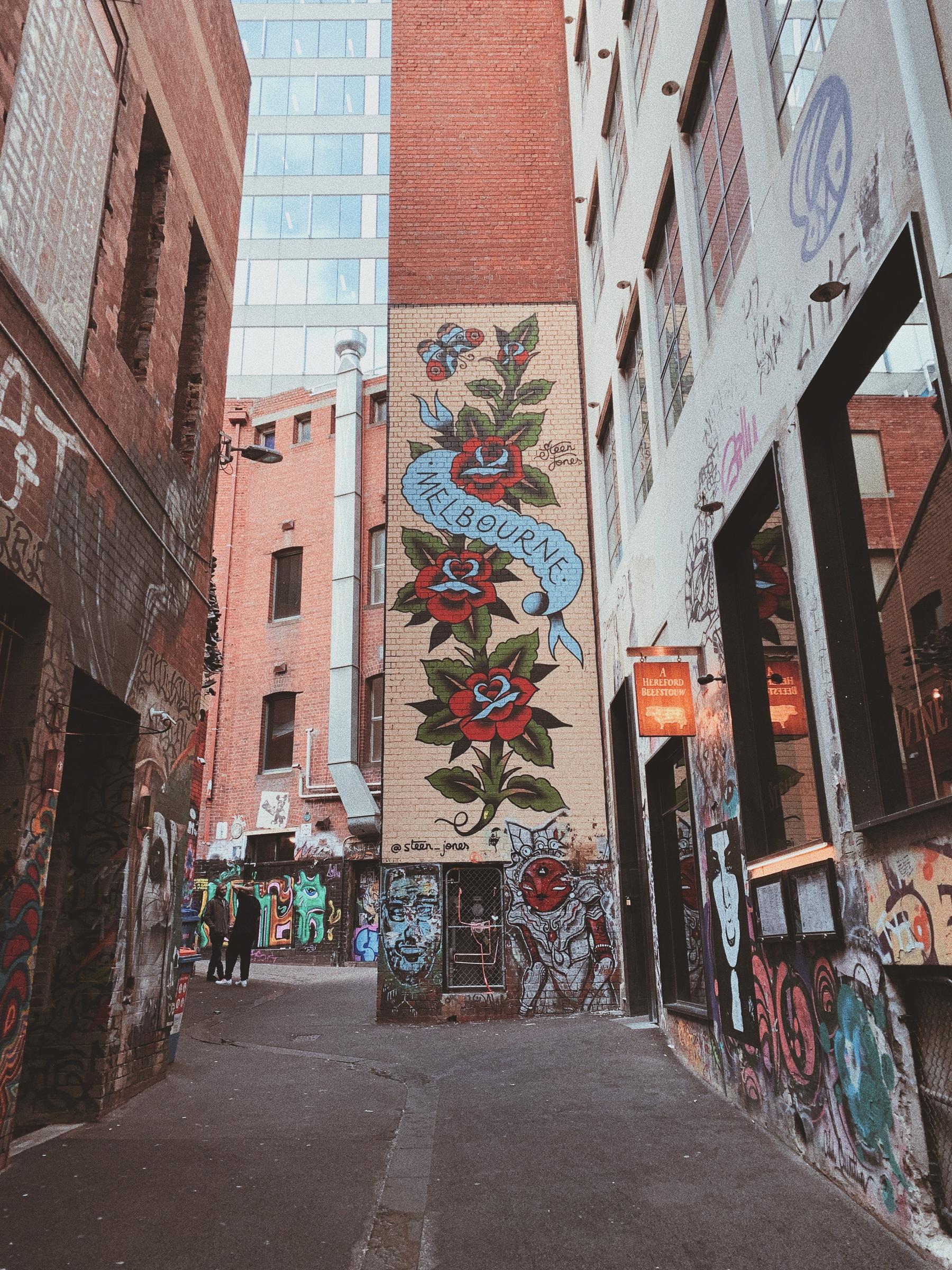
Melbourne has been crowned the world’s most liveable city for six years in a row, so you can feel safe and comfortable while living here. Regardless of where you live, there are always amenities and facilities close at hand, whether it be for shopping, sports, comfort or communication. The city of Dandenong, where Lyndale Secondary College is located, has several options to meet all these important needs. It will be useful to know a few details about the city you will be living in.
Weather and Seasons
One day in Melbourne can show four different seasons’ weather, so people often dress in layers. Weather ranges from hot and dry in the summer to cold, windy and rainy in the winter, but overall Melbourne’s climate is quite temperate. The table below shows the average weather of Melbourne:
For hayfever sufferers, spring is not a particularly comfortable time as the air is filled with pollen. Many chemists carry medication in the form of nasal sprays and hayfever tablets to aid sufferers during this time. It is best to avoid lawn areas and gardens where possible as soon as hayfever symptoms appear.
Australia is generally a dry country, and Melbourne receives more rain than most cities, however long droughts can afflict the country some years. During these times, there may be water restrictions in place which stipulate how much water you can use, how often and in doing which activities (showering, irrigating law and garden and washing cars and windows). Water is also quite expensive in Australia and shorter showers are always encouraged in order to save money.
Time Zones
The mainland of Australia has three time zones: Australian Western Time Zone (AWST), Australian Central Time Zone (ACST) and Australian Eastern Time Zone (AEST). Melbourne follows Australian Eastern Time Zone. The table below shows the time zones in comparison, which is important to remember if you travel interstate, as well as the difference in time zones compared to other countries’ time zones. For other countries not mentioned below, please refer to http://www.timeanddate.com/worldclock/
States and territories in Australia, with the exception of Queensland, Northern Territory and Western Australia, observe Daylight Savings Time (DST). This entails:
- turning the clock forward one hour (losing an hour) at 2am on the first Sunday of October. During this time the sun typically rises at approximately 6am and sets at approximately 8:30pm depending on the month.
- turning the clock backwards one hour (gaining an extra hour) at 2am on the first Sunday in April. During this time the sun typically rises at approximately 7am and sets at approximately 5:30pm depending on the month.
News programs will often remind people to wind their clocks backwards or forwards, but today’s technology, such as smart phones, automatically change, provided they are connected to an Australian network. Phones will also change automatically when traveling interstate and internationally.
Lifestyle
Melbourne is arguably the sporting capital of Australia. Melburnians love to play a variety of sports as a social way to keep fit. These sports include tennis, badminton, volleyball, soccer, basketball, netball, cricket, going to the gym and many more. There are many leagues, teams and competitions to join in many areas across Melbourne, along with the countless outdoor and indoor sport facilities which may be booked for an hourly fee. However, there is always a park nearby to play casually at no cost.
Melbourne also hosts several international sporting events, such as the Australian Open Tennis Tournament in the summer, the Melbourne F1 Grand Prix in the autumn and the Melbourne Cup horse racing gala in the spring. The people of Melbourne are also passionate about a sport called AFL (Australian Football League) or ‘footy’ which is a uniquely Australian sport played across the country. It is worth seeing a game or playing a game yourself.
Melbourne is also the cultural capital of Australia. From visual art, at the National Art Gallery and the numerous smaller galleries around Melbourne, to comedy at the Feast festival or Melbourne Comedy Festival, Melbourne has the type of cultural activity that you are interested in. Melbourne also has a number of museums, zoological gardens, botanical gardens, theatres and cinemas.
For those feeling a little Homesick, every area of Melbourne contains a little piece of your home country in the form of eateries, but there are pockets of communities quite close to North Dandenong. Springvale, approximately 8 kilometres away is a large Vietnamese community, complete with restaurants, grocers and temples.
Similarly, the CBD of Melbourne contains a large Chinatown, several blocks long down Little Bourke St, running between Swanston St and Exhibition St. Dandenong is a popular place for buying and eating Middle Eastern cuisines, with the Dandenong markets, close to Dandenong Plaza being of particular interest for those who come from the Middle Eastern region of the world. It is under 4 kilometres from Lyndale Secondary College.
